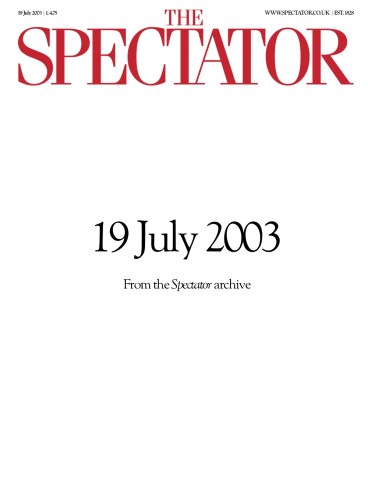Captain Yossarian rides again
Closing Time by Joseph Heller Scribner, £7.99, pp. 464 ISBN 0743239806 Fortune granted Joseph Heller’s generation, raised during the Depression, not only service in a war whose good intentions were universally applauded but, once in uniform, a standard of living previously unknown to a boy like Heller himself, brought up on Coney Island in a

